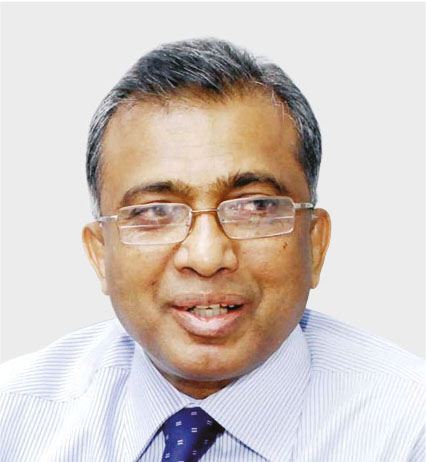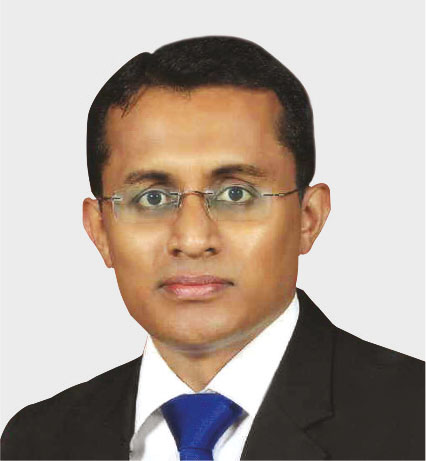MOST LOVED BRANDS PROFILE
Honda

As a brand with a market capitalisation of 86 billion yen and sales volume in excess of 25 million units worldwide for financial year 2020/21, Honda is a globally renowned company that has specialised in motorcycles, automobiles and power products since its inception in 1948, in Japan.
Sri Lanka’s relationship with Honda blossomed in 1977 when Stafford Motor Company Founder and Chairman Felix R. de Zoysa’s quest for an exemplary and affordable form of transport for the local market encouraged him to partner with the brand.
Set against the backdrop of a closed economy when motorcycles were a novel phenomenon in the nation, Honda two wheelers initially entered the local racing tracks and were then imported on an ad hoc basis.
However, the local economy’s liberalisation spelt out new opportunities for Honda. Equipped with a first mover advantage where the brand became synonymous with motorcycles, it boasted a market share of more than 90 percent at the initial stages, reflecting its dominance over the market as measured by the number of hearts it won.
Applauded for its quality and reliability, Honda’s strategic moves were synchronised with positive changes in the economic cycle. Along with development in the country gaining ground, the transport sector thrived too, increasing the demand for four wheelers. Consequently, the company extended its product portfolio by adding cars to the equation in the late 1980s.
This family brand that had gained niche status would soon become a household name, eventually leading the company to tap into other market segments as well. Power products such as generators and engines, as well as agricultural equipment such as water pumps and tillers, were introduced among others.
 Although lower priced competitors penetrated the market, such was the strength of Honda’s brand that it was able to secure market leadership once more in 2016.
Although lower priced competitors penetrated the market, such was the strength of Honda’s brand that it was able to secure market leadership once more in 2016.
Driven by its vision to ensure that every home has a Honda product and bolster consumer satisfaction, the brand is dedicated to upholding the trust and confidence placed in it over decades.
The unravelling of Honda’s brand story cannot be done justly without peering into its financial performance. Catering to several sectors reflects tremendous brand equity, enriched by positive market perceptions. There is no doubt that the brand retains a high degree of reverence in the motorcycle market.
Certain advantages prevail in working with a loved brand. For example, Honda’s brand strength and global recognition imply that the cost of acquiring new customers is lower.
Moreover, the local agent – Stafford Motor Company – has been able to enjoy higher margins through greater sales volumes without having to compromise on prices, thereby boosting the company’s financial status.
However, this incumbent power is by no means taken lightly. Honda is keen to maintain its brand’s popularity and has undertaken several initiatives to address customer needs especially when the pandemic has caused inconvenience to potential vehicle buyers.
Determined to minimise customer pain points associated with import restrictions in a manner that contributes to brand longevity, Honda has worked towards enhancing its after sales care services. When purchasing new vehicles is no longer a viable option, the need to maintain existing ones becomes crucial for users.
By facilitating customers’ ability to have vehicles assessed at workshops, obtain condition reports and allow Honda trained technicians deal with repairs using genuine spares, the brand offers them peace of mind. The Honda Care initiative has thereby proved itself to be a vital component of branding.
Meanwhile, creating more avenues for customers to join the Honda family, reconditioned vehicles offering higher value for money have been targeted in the pre-owned market. These are Honda certified cars and motorcycles that have been curated to align with the buyer’s investment dilemma due to the difficult economic times.
Furthermore, Honda has been focussed on creating awareness among non-consumers. Its marketing budgets have shifted from traditional to digital media over the last few years even before the pandemic necessitated such a move.
Identifying its youth segment’s preference for social media meant that the company had to strengthen its online presence.
Digital campaigns and initiatives such as Honda Dawase Lakshapathi and Rider Rush (a gamification app) have enabled Honda to strengthen its foothold in the online sphere while connecting with consumers on a personal level.
Managing Director
CEO
Executive Director
Director
COO
www.honda.lk




